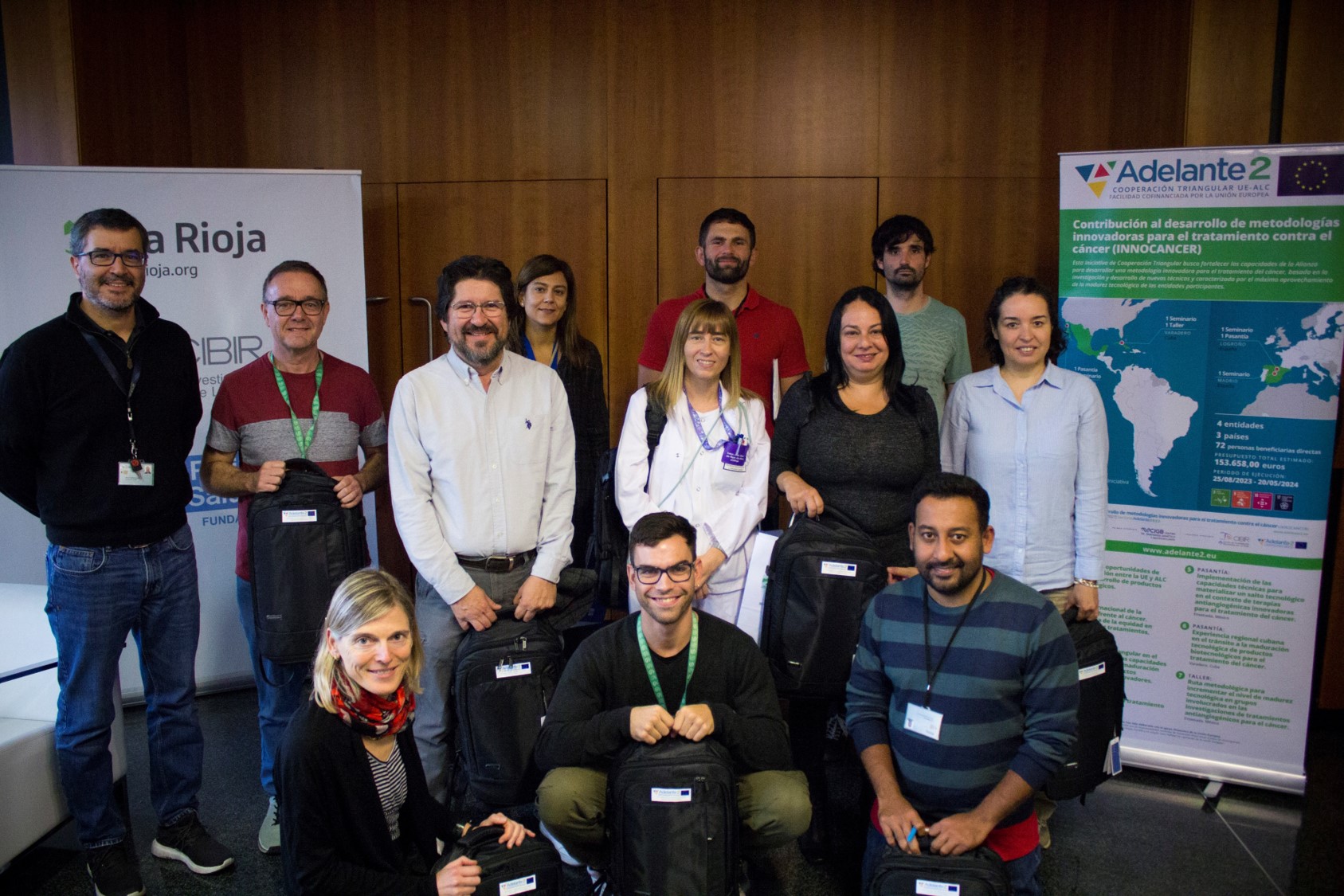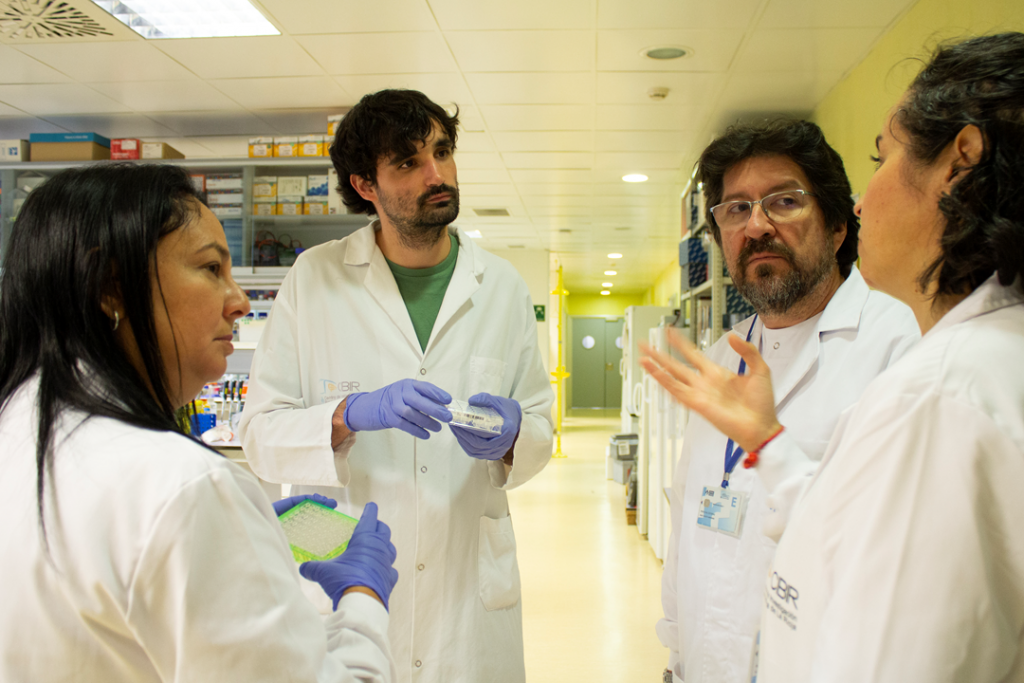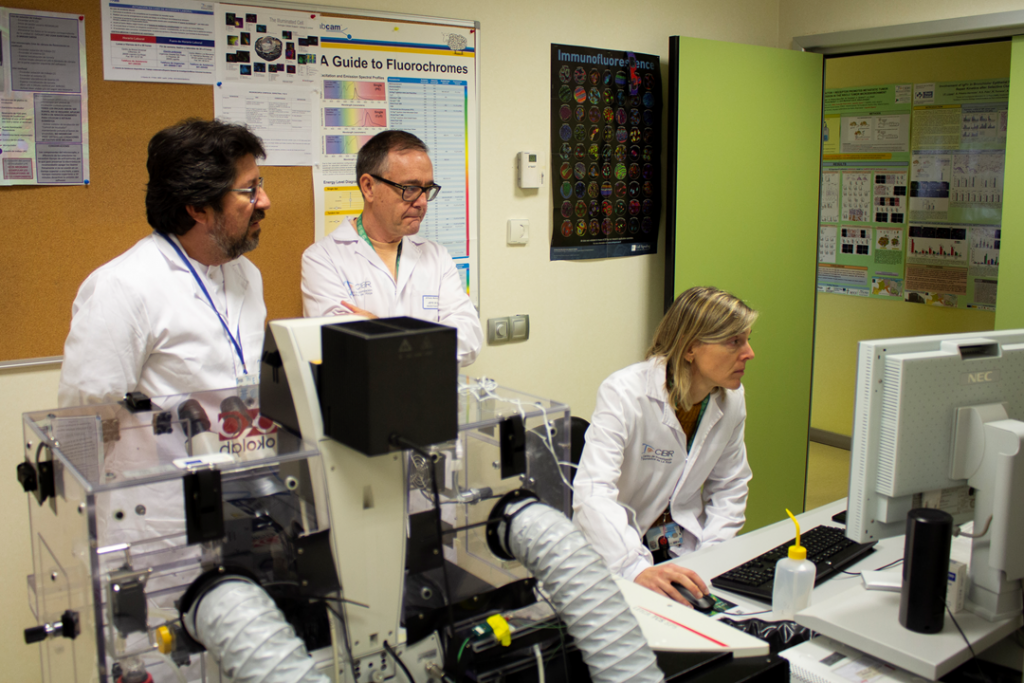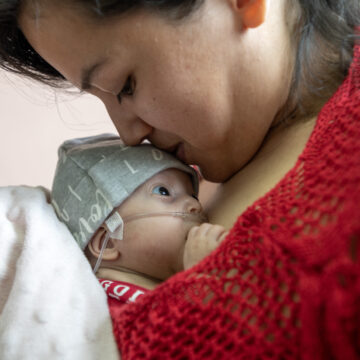Ibero-American countries join efforts to fight against cancer
Triangular Cooperation as an instrument for EU-LAC scientific development.

February 4th is World Cancer Day (UNESCO, 2000). This proclamation is included in the Charter of Paris, aimed at conducting research on cancer for its treatment and prevention, as well as to raising awareness and setting the global agenda on this disease, which is the main cause of death worldwide (WHO, 2022). This problem is a challenge that transcends borders, geography, climatic phenomena and economic development, and it is possible to find solutions to reduce its mortality rate through international cooperation.
In this context, and in the framework of ADELANTE2, research centers from Cuba, Spain and Mexico carried out the initiative Contribution to the development of innovative methodologies for cancer treatment (INNOCANCER by its acronym). Its objective was to exchange experiences and knowledge, as well as to perform joint research to advance, in a collaborative approach, in the search for innovative solutions to reduce cancer mortality and in the development of new cancer vaccines (CIGB, 2023).

In this case, the Center for Genetic Engineering and Biotechnology (CIGB by its Spanish acronym) of Cuba —the institution that acted as first provider— had already reached a high Technology Readiness Level (TRL), which indicates the maturity of an innovation or technology project. For example, an effective vaccine for advanced ovarian tumors and cellular hepatocarcinoma are among CIGB’s most important achievements, and this contributed to increasing its TRL level.
On the other hand, the Center for Biomedical Research of La Rioja (CIBIR by its Spanish acronym) of Spain —second provider— had developed specific models to analyze certain tumor characteristics in animals and had also reached a high level of TRL in terms of technological maturity. Hence, these two countries —Cuba and Spain— supported the Ensenada Center for Scientific Research and Higher Education (CICESE by its Spanish acronym) of Mexico —which had made research breakthroughs in the development of antibodies that helped neutralize the growth of solid tumors in cancer patients— by transferring their experiences in regulatory and ethical routes to achieve higher levels of TRL.
Different activities were carried out to exchange skills and knowledge and to generate these joint research spaces. Three seminars were organized among the three participating institutions, in the framework of international congresses on cancer. During these venues, and in addition to meeting face-to-face to draw up a strategy and an action plan, they were able to share their experiences with external stakeholders. These seminars were open not only to entities linked to the project, but also to undergraduate, graduate and doctoral students.

In addition, two internships were organized at CIGB and CIBIR, where researchers learned about new technologies and research methods to achieve higher levels of TRL. A study visit to Cuba’s CIGB also took place in order to exchange and contrast research capacities, regulations and legislation (CICESE, 2024). INNOCANCER concluded with a closing seminar in Mexico, where participants reflected on lessons learned and on the generated knowledge, which is undoubtedly a great contribution to the global fight against cancer.
The project is expected to continue as agreements have been signed between the three institutions to move forward with the trials that began during the internships (CICESE, 2024). Through this initiative, these three Ibero-American countries contributed to the alignment of Ibero-American Triangular Cooperation with SDG 3 (Good health and well-being) and SDG 9 (Industry, innovation and infrastructure).
February 2025
***
Source: SEGIB based on Agencies and Directorates-General for Cooperation, ADELANTE2, CICESE (2024), CIGB (2023), WHO (2022), UNESCO (2000).
Photos: Center for Genetic Engineering and Biotechnology (2023).

